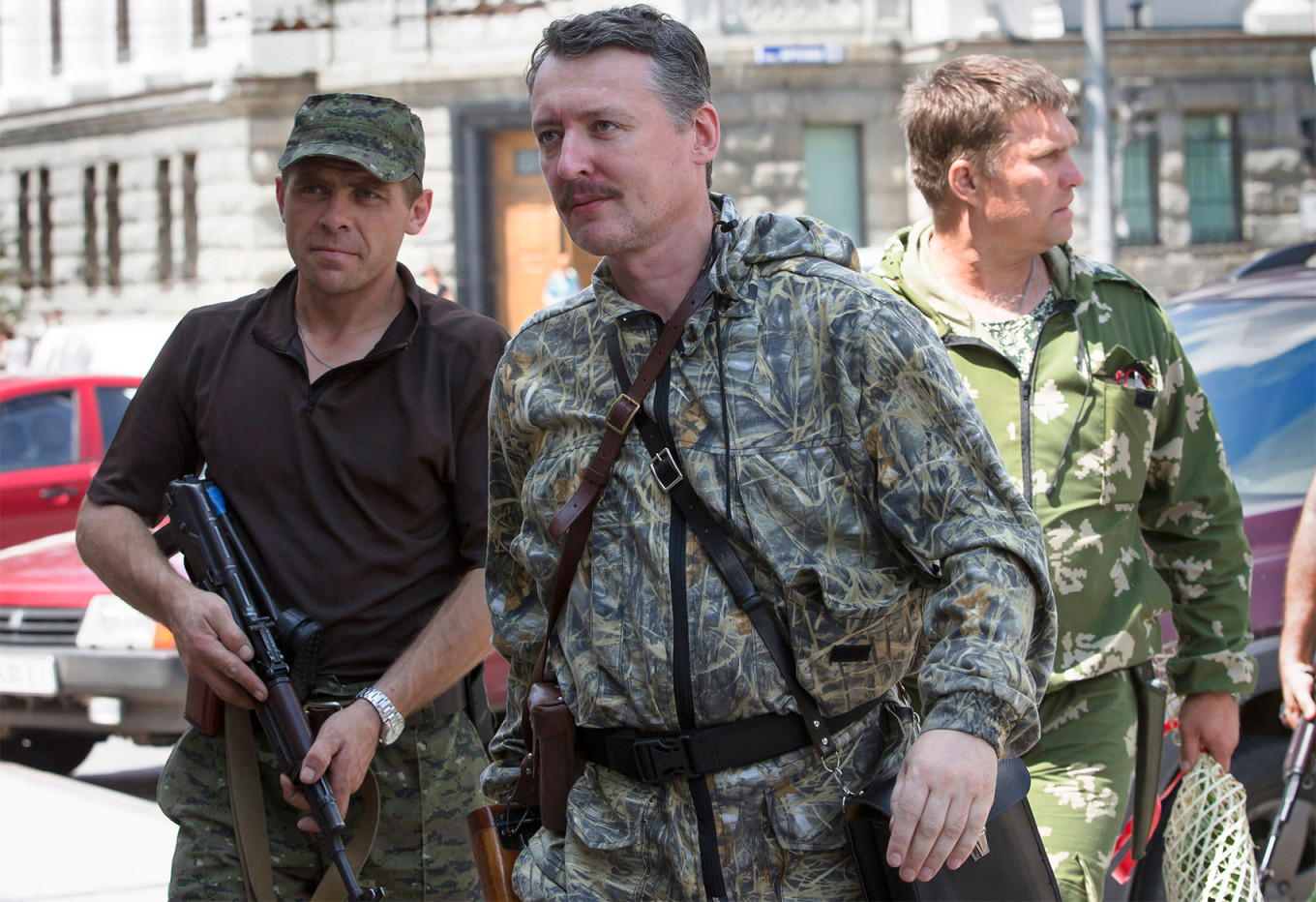A Dutch court on Thursday convicted three men and acquitted one other for the downing of Malaysia Airlines flight MH17 over Ukraine in 2014, which killed all 298 people on board.
Russians Igor Girkin and Sergei Dubinsky and Ukrainian Leonid Kharchenko were found guilty of murder and intentionally causing an aircraft to crash, while Russian Oleg Pulatov was acquitted, head judge Hendrik Steenhuis said.
The three found guilty by the court were sentenced in absentia to life imprisonment and were ordered to pay 16 million euros in compensation to the families of the victims.
What happened?
A Boeing 777 aircraft was hit by a missile during a flight from Amsterdam to Malaysia’s capital Kuala Lumpur as it passed over eastern Ukraine’s war-torn Donbas region. The attack, which as the investigation confirmed, was carried out using a Russian-supplied Buk missile system — killed all 298 passengers and crew onboard, including 80 children. Among the victims of the attack were citizens of the Netherlands, Malaysia, Indonesia, the U.K., and Australia.
The debris of the plane was found near the village of Grabove in Ukraine’s Donetsk region, which has been occupied by Kremlin-backed separatists since the start of the Russian-Ukrainian proxy war.
Who was convicted?
The international Joint Investigative Team identified Russian nationals Igor Girkin, Sergei Dubinsky, Oleg Pulatov, and Ukrainian national Leonid Kharchenko as the key suspects in the attack.
Girkin — more widely known under his alias Igor Strelkov — is the most high-profile of the four. Identified as a former FSB officer and likely a key mastermind behind Russia’s invasion of Ukraine, Girkin appointed himself Minister of Defense of the Russian-backed separatist Donetsk People’s Republic at the time of the tragedy.

Together with Dubinsky, who held a high-ranking military position in the separatist region, Girkin was found to be responsible for the transportation of the Buk missile system from Russia to the site from which the launch took place. Kharchenko was found to have overseen the safety of the missile system after its delivery and installation, while Pulatov was acquitted.
What has Russia’s reaction been?
Russian officials have yet to comment on the Thursday verdict, though the Kremlin has repeatedly denied any involvement in the tragedy.
Kremlin spokesperson Dmitry Peskov last year dubbed calls made by the EU and Ukraine for Russia to take responsibility for the incident “inappropriate and unacceptable.”
“They are unacceptable because, after all, this tragedy occurred in Ukrainian airspace,” Interfax quoted Peskov as saying.
What will happen to the perpetrators?
Three of the suspects were formally being tried in absentia. Only Pulatov, who was acquitted by the court, had legal representation at the trial, making a video statement to the court in which he pleaded not guilty to the criminal charges.
The three men who were convicted by the court are believed to be in Russia or the occupied Ukrainian territories at present. Though all three are subject to international arrest warrants, the Russian constitution prohibits the extradition of its own nationals to another state.
What are the victims’ relatives saying?
While the prospect of the four suspects being brought to justice appears to be very remote, the end of the more than two-year-long trial and the guilty verdicts pronounced mark an important milestone for the relatives and loved ones of the MH17 victims.
“I don’t believe in terms of closure — ask relatives who lost their children, you will never find closure for that. But I really hope that this day will give families some space to try to get on with their lives,” Piet Ploeg, chairman of the MH17 Foundation, who lost his brother, sister-in-law and nephew, told AFP before the verdict was announced.
Other relatives seemed to share Ploeg’s feelings about the end of the trial.
“Four suspects are on trial. Today, more than eight years later, the judge will rule. Finally. Exciting day,” Peter Van Der Meer, who lost three daughters in the crash, tweeted on Thursday.
Evert van Zijtveld, who lost his daughter Frederique, 19, his son Robert-Jan, 18, and his parents-in-law, told AFP on Thursday that the international community had a responsibility to bring the convicts to justice despite the limited legal jurisdiction of the court.
“If they are guilty, the international community should hunt them down,” Zijtveld said.
AFP contributed reporting.